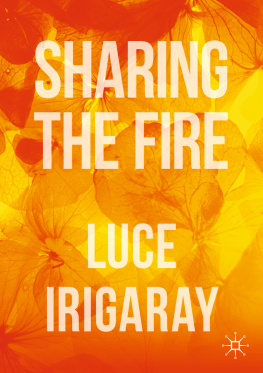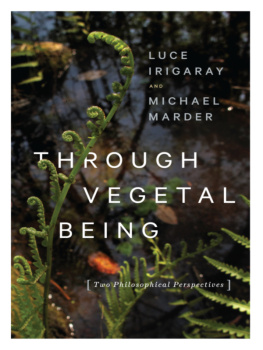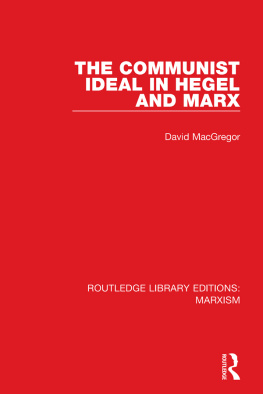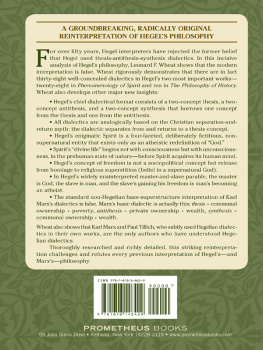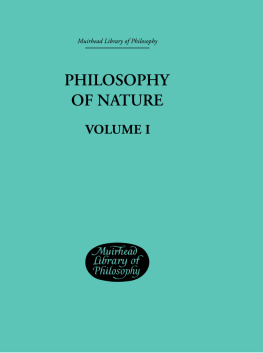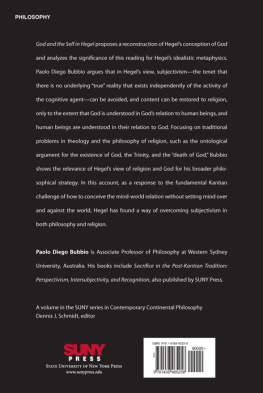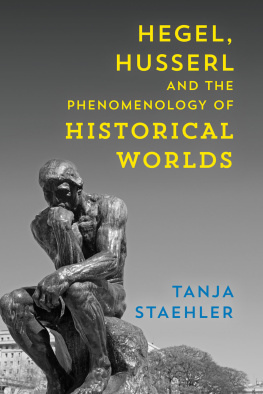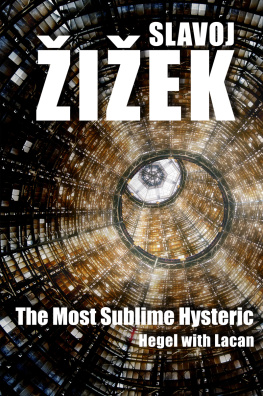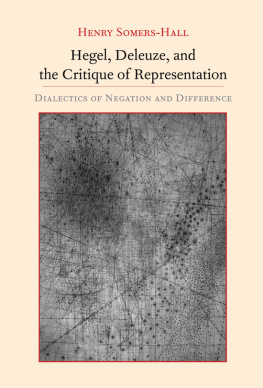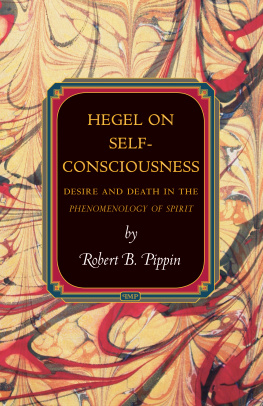Contents
Landmarks
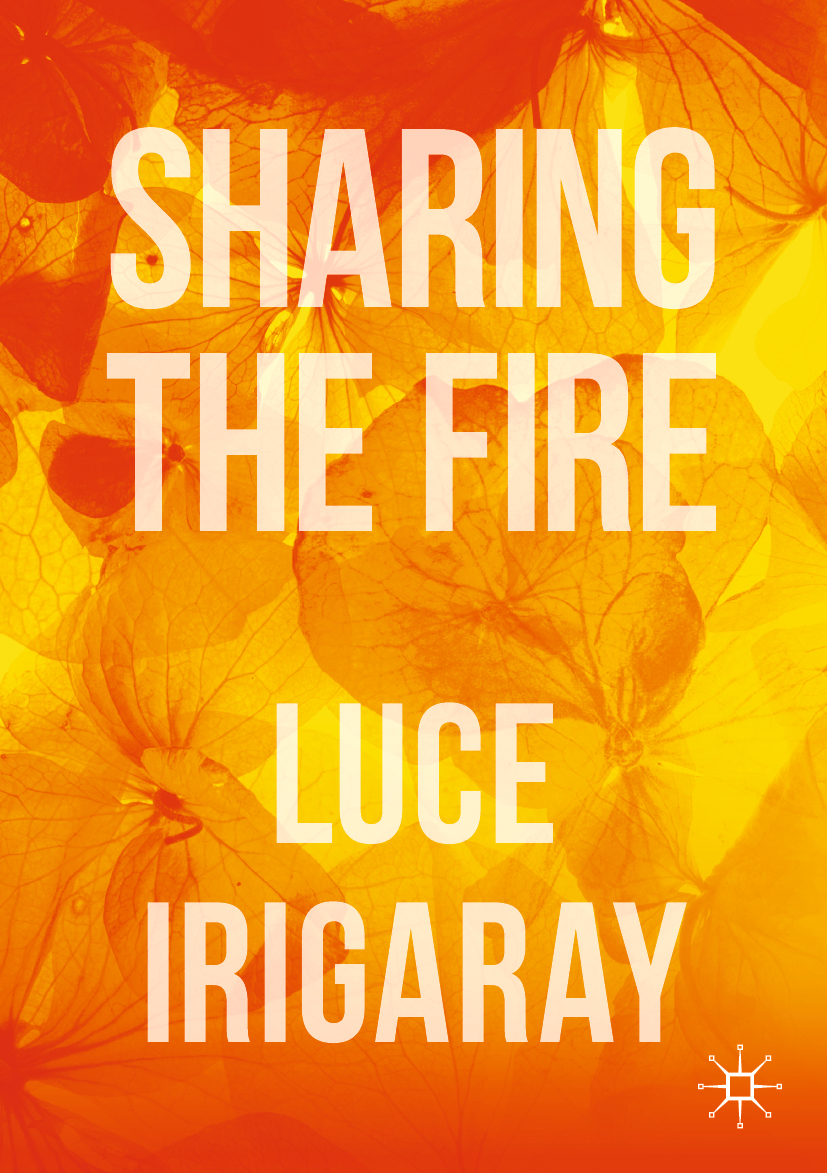
Luce Irigaray
Sharing the Fire
Outline of a Dialectics of Sensitivity
Luce Irigaray
Paris, France
ISBN 978-3-030-28329-2 e-ISBN 978-3-030-28330-8
https://doi.org/10.1007/978-3-030-28330-8
The Editor(s) (if applicable) and The Author(s), under exclusive license to Springer Nature Switzerland AG 2019
This work is subject to copyright. All rights are solely and exclusively licensed by the Publisher, whether the whole or part of the material is concerned, specifically the rights of translation, reprinting, reuse of illustrations, recitation, broadcasting, reproduction on microfilms or in any other physical way, and transmission or information storage and retrieval, electronic adaptation, computer software, or by similar or dissimilar methodology now known or hereafter developed.
The use of general descriptive names, registered names, trademarks, service marks, etc. in this publication does not imply, even in the absence of a specific statement, that such names are exempt from the relevant protective laws and regulations and therefore free for general use.
The publisher, the authors and the editors are safe to assume that the advice and information in this book are believed to be true and accurate at the date of publication. Neither the publisher nor the authors or the editors give a warranty, expressed or implied, with respect to the material contained herein or for any errors or omissions that may have been made. The publisher remains neutral with regard to jurisdictional claims in published maps and institutional affiliations.
Cover illustration: Maram_shutterstock.com
This Palgrave Macmillan imprint is published by the registered company Springer Nature Switzerland AG
The registered company address is: Gewerbestrasse 11, 6330 Cham, Switzerland
For you for me
This outline of a dialectics of sensitivity
born of an amorous desire
in search of its becoming incarnate
in us, between us, and in the world
Contents
The Author(s) 2019
L. Irigaray Sharing the Fire https://doi.org/10.1007/978-3-030-28330-8_1
1. Hypothesis: Longing for Another Absolute Than Knowledge
Luce Irigaray
Luce Irigaray
Is humanity coming to an end or merely reaching a stage which calls for a radical cultural evolution? This cannot happen through a blindly forging ahead but, rather, through a return to that which can still grant us a rebirth, a development and a flowering that we have neglected until now. In an age in which we are recapitulating and interpreting our history, it would be appropriate to question our way of conceiving of human being itself, the one who is in great part the cause of this history. It could be useful to wonder about what could be the truth of a human being. Does not our conception of the latter appear today as a sort of hypothesis which has supported a cultural construction which is henceforth deeply shaken? Does the subjectivity which underpinned our culture correspond with our real being? And does the objective absolute, to which the human being supposedly longed, fit its real aspirations? If this were the case, why ought our being be kept split in various parts? Is not such a split a symptom of the necessity of pursuing our development in a way which permits our unification?
It seems that the privilege attached to our mental aptitude(s) has been the result of the difficult task of acquiring standing up and gaining mastery of our surroundings in order to satisfy our various needs. To succeed in that, man has used his additional neurons to the detriment of the cultivation of his physical and sensitive belonging. However, these neurons need energy for functioning, and this energy begins to be lacking. For want of having taken into account the link between his body and his mind, man has become an organism which can no longer function. He looks like a robot which demands an external source of energy for working. Hence his dependence on external energy reserves and the diverse conflicts which arise from that. Hence also the fatal illnesses with which man is today confronted. In reality, man becomes more and more weak, and the countless techniques to which he resorts cannot compensate for his lack of natural energy.
We must thus wonder about the means of recovering the source of our original energy and of cultivating it. We may note that our culture until now has been determined by our needs, including those for supra-sensitive ideals, transcendent beings and moral rules. Perhaps the way of evolving would be to build henceforth culture starting from our desire(s). What is more, do we not need desire as the new basis for an individual and collective culture? Indeed, desire can answer our current lack of energy and the necessity of gathering ourselves together again. Obviously it is then a matter of our desire between living beings, especially between humans, and not of our desire for objects, be they even spiritual ones.
Sharing desire and love with the other(s) and intending to care in this way about the future of nature and humanity might look a little ingenuous. However, is it not a means to recover a source of energy and to cultivate our longing for the absolute without this becoming somehow or other destructive or nihilistic? Is not aiming at the absolute through my desire for the other an opportunity to approach, in a dialectical manner, my aspiration after the absolute without cutting it off from a natural rooting? And also a way of acknowledging that this relation is the origin and the end of a human becoming which must be of my own in order to be shared?
Surprisingly philosophers and moralists, quoting only them, leap over a stage in their view on human becomingthat of the cultivation of our sensitive and sensuous life. They talk about moral duties regarding social or political coexistence but say very little about the desire to be in communion with the other(s), which ought to be the most original link we ought to experience and cultivate towards a common life.
Desire is what allows us to gather ourselves together and gather together with the other(s). But this gathering together does not happen through moral imperatives or supra-sensitive ideals, but through that which compels us to collect ourselves and collect with the other(s). Desire grants us the opportunity to both unify ourselves and unite with the other(s) by what concerns us. It does not impose on us splitting ourselves into various parts, beginning with body, soul and spirit with their respective needs and duties. Desire appeals to our whole being, what is more putting it in touch with itself, with the other(s) and with the world. Desire brings us close to us, to the other, to the world. And such proximity remains linked with our natural belonging while longing for the absolute. Desire aspires after connecting, in us and between us, nature with the most sublime fulfilment.
Desire arises from the void opened in us by taking our difference from the other into account. It contributes to our holding in ourselves, to unifying our self from what is particular to us, but also to longing for the other as the one who is needed for us to become ourselves.

